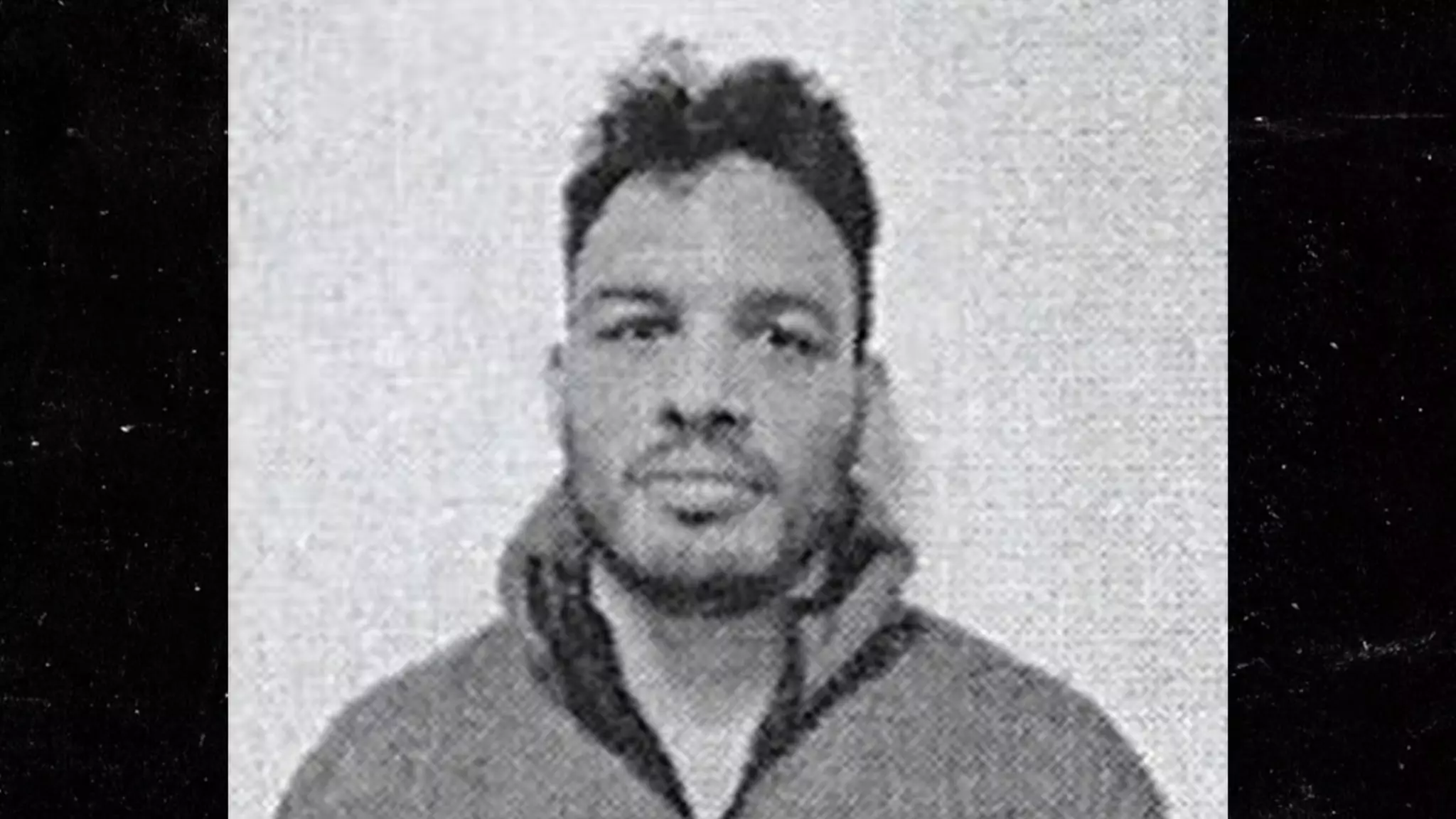In a world captivated by boxing legends and larger-than-life personalities, Julio Cesar Chavez Jr. stood among the elite, not just through his familial lineage but also through his own ring exploits. Yet, beneath the veneer of fame lies a stark reality: fame does not exempt anyone from accountability. Chavez Jr.’s recent legal troubles serve as a sobering reminder that the perilous allure of celebrity can obscure moral judgment and societal responsibility. His arrest by ICE over serious criminal allegations fundamentally shatters the perception of invincibility that often accompanies fame. It underscores the uncomfortable truth—no matter one’s status or achievements, the weight of the law remains inescapable.
Contradictions Behind a Fame-Filled Life
The narrative surrounding Chavez Jr. is riddled with contradictions. As a former boxing champion, he symbolized resilience, discipline, and dedication. In the ring, he was a formidable adversary, sharing the spotlight with some of the best talents of his generation, including Canelo Alvarez. However, this persona contrasts sharply with his recent entanglement in criminal allegations involving weapons trafficking and cartel affiliations. The stark disparity raises critical questions about the characters behind the public façades. Can a person who once exemplified perseverance and discipline be so profoundly disconnected from societal norms? Chavez Jr.’s record indicates patterns of reckless behavior, from DUI incidents to illegal possession of firearms—a trajectory that reflects a deeper struggle with accountability and perhaps personal integrity.
The Cost of Fame and the System’s Flaws
Chavez Jr.’s case also exposes systemic issues within immigration enforcement and the criminal justice landscape. The Homeland Security official’s remarks highlight a frustrating complexity: despite prior detention and known criminal activity, Chavez Jr. was allowed to remain in the country under previous administrations, only to face arrest now. This points to glaring gaps in enforcement priorities and immigration policy decisions. It urges us to question whether celebrity status inadvertently provides a shield against legal repercussions or if flawed policies allow dangerous individuals to slip through the cracks. The current administration’s emphasis on accountability signals a shift toward a more just and consistent application of the law, emphasizing that no one is above the system—no matter how famous they are.
The Real Cost of Unchecked Power and Influence
What Chavez Jr.’s case vividly illustrates is the corrosive influence of unchecked power, wealth, and fame—elements that can distort a person’s sense of morality. His alleged involvement with organized crime and violence demonstrates the peril of associating with illicit networks, especially when one’s public image is intertwined with success and privilege. It also prompts an uncomfortable reflection: how many others with similar privileges are shielding behind their notoriety? Chavez Jr.’s downfall is a cautionary tale for society at large, emphasizing the importance of integrity and accountability, regardless of one’s status in the public eye. Moving forward, it is vital that the justice system acts without prejudice, regardless of celebrity, and that society remains vigilant against the destructive allure of power and influence.

Leave a Reply